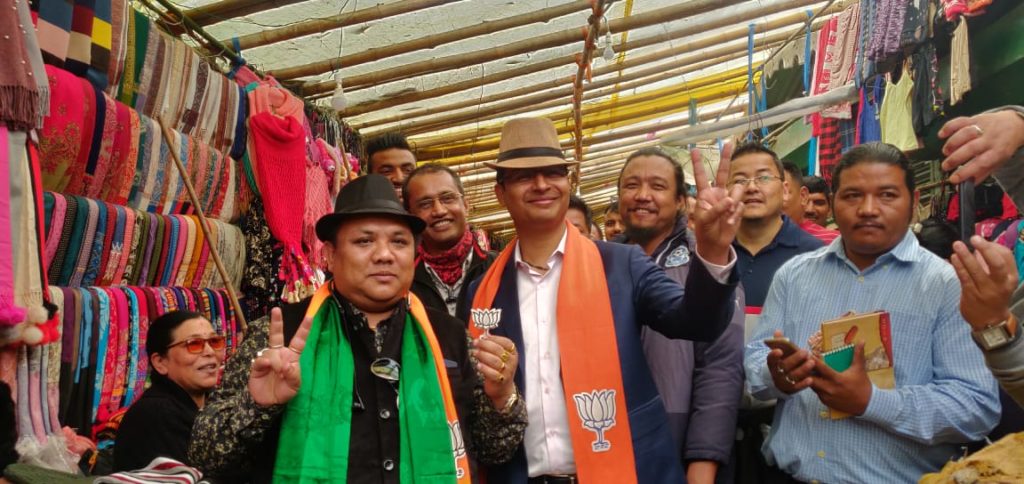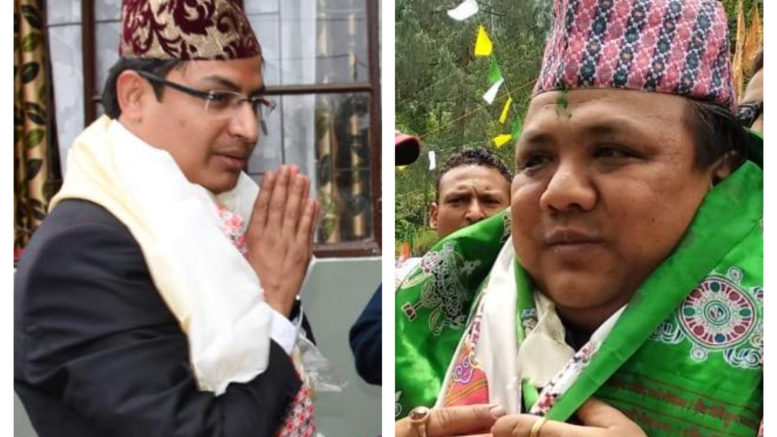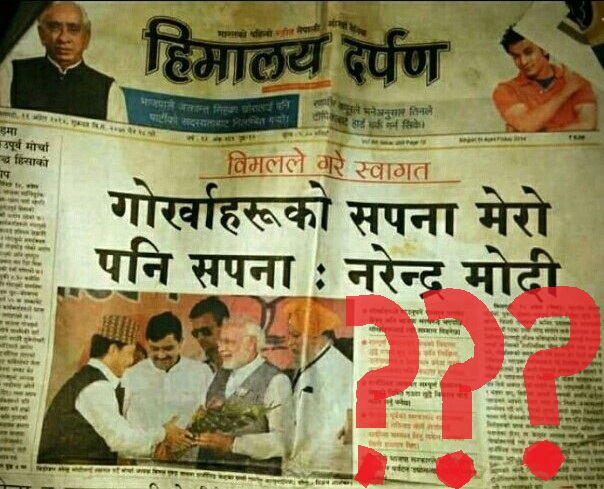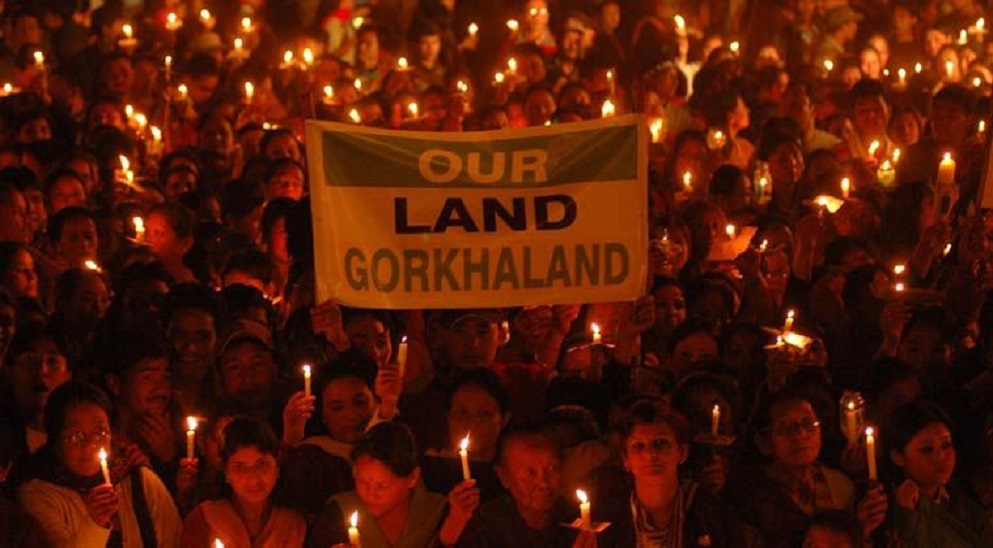The 2019 Election witnessed a landslide victory by BJP candidates, Mr. Raju Bista and Mr. Neeraj Zimba who won the MP and MLA seats respectively. The results have revealed the inclination of hill politics from regionalism towards nationalism. Given the larger population in the four assembly segments in the plains, choosing a national party made political sense, and it returned a rich dividend to the BJP and its alliance.
However, it was a somewhat unfamiliar trend to fight the election under national party banner for MLA seat, as for better part of Darjeeling history the legislative assembly election was fought by regional political parties.
Nevertheless, it proved to be a masterstroke by the BJP, GNLF, and GJMM (Bimal) faction to capitalize on the strong feeling of resentment against the former Chairman of BoA, GTA, Mr. Binoy Tamang who has been accused of letting people down by allying with the TMC led state government. The strong undercurrent feeling against Tamang was finally revealed through ballots, and the silent voters suddenly became vocal about their desire.
No boasting of organizational strength, muscle flexing and allurement could sway the mood of silent voters who were determined to vote against Mr. Tamang. How, why, and what went wrong with their strategies may be the subject of review meeting of GJMM (Binoy) faction, but the writing is clear on the wall- that people have outrightly rejected them.
How far the influence of renegade leader Mr. Bimal Gurung helped to swing this election in BJP ‘s favor is a matter of speculation that would be open very soon. Politicians make strange bedfellows they say, and this has been proved in the hills in the prevailing political scenario, now the question is how would an alliance comprising of former sworn enemies GJMM and GNLF take up the political issues unitedly. If political maturity and sagacity prevail over the parochial interest of parties, then it would be the finest hours for hill people, when they will be united putting aside ideological differences and rising above the prejudices of their own parties. Gorkha community would win as a complete unit and send a unified message to both the state and center.
Now, the sudden transition towards nationalism from regionalism poses interesting questions. Specific regional demand for Gorkhaland statehood has been put to the back burner after many years to be replaced by the more euphemistic, vague and comprehensive term “permanent political solution“, which is open to subjective interpretation of every Tom, Dick, and Harry.

Nationalism was born due to colonial experience when the country had to unite regardless of differences in religion, language, culture, ethnicity, and culture to fight British imperialism. Post-independence, nationalism was threatened by rising regionalism, most prominent case stating formation on a linguistic basis. Subnationalism began to pour into the plural polity of India. The violent agitation in Tamil Nadu against the imposition of Hindi as a national language, clamor for new states all posed a threat to the national unity.
The unique trait of our constitution to provide for a federal unity that accommodated myriad of differences of language, region and religion were attributed to political thought during the freedom struggle, and this unique feature has been debated a lot today. Any subnational movement is viewed as a secessionist and anti-national movement by the state ignoring the causes deep-rooted to regionalism, a case in point is the 1986 Gorkhaland agitation in the eyes of West Bengal, which later was clarified by the PM late Rajiv Gandhi that it was not an anti-national movement.
Federalism is not just about state’s rights or regional autonomy, it is also about an equitable sharing of power and voice in decision making at an all-India center. Now the NDA has a clear majority, and I hope its mandate does not turn into majoritarianism that seeks to impose uniformity from above and respect federal space that seeks to forge national unity from below. Real nationalism, for me, would be a reflection of multiple regional identities of a diverse country like ours in harmony, and in that reflection, I want to see our separate state.
Writes: Saakal Ulysses Dewan






Be the first to comment on "Election 2019: Darjeeling Shifts from Regionalism to Nationalism"